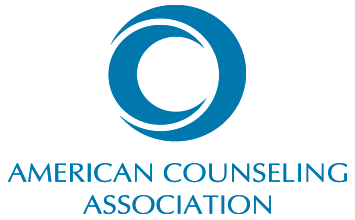Post-traumatic stress disorder (PTSD) is a serious and potentially debilitating condition that can develop following exposure to traumatic events such as natural disasters, severe accidents, terrorist incidents, the sudden loss of a loved one, war, violent personal assaults, or other life-threatening experiences. Trauma may also stem from prolonged or repeated exposure to stress, leaving deep emotional wounds. Among these, complex PTSD (C-PTSD) often develops after extended periods of trauma—such as prolonged abuse, captivity, or chronic interpersonal violence—leading to added challenges like emotional regulation difficulties, persistent shame or guilt, and struggles with relationships.
Symptoms of PTSD and C-PTSD can appear soon after a traumatic event or surface months—even years—later, often intensifying over time. This condition can affect anyone, significantly impacting daily life and relationships.
At FamLee First Clinical Services, we specialize in trauma-focused treatment for both PTSD and C-PTSD, providing individualized care to help you heal and regain your well-being. We understand that timely access to care is important, which is why we offer same-week evening telehealth appointments.
PTSD Symptoms
If you recognize yourself in some of these experiences, know that PTSD treatment and support can help you move toward healing.
- Reliving the event (re-experiencing symptoms) Nightmares or distressing dreams related to the trauma
- Flashbacks, where it feels as though the event is happening again
- Triggers—sights, sounds, smells, or situations (such as news reports, a loud bang, or seeing an accident) that bring the memories rushing back
Avoiding reminders of the trauma
- Steering clear of crowds or busy places that feel unsafe
- Avoiding certain activities, such as driving after a car accident or watching disaster movies after surviving one
- Keeping yourself overly busy or holding back from talking about what happened in order to avoid painful memories
Changes in beliefs and feelings
- Difficulty feeling close to or trusting others
- Gaps in memory about parts of the traumatic event, or feeling unable to talk about it
- Believing the world is unsafe or that no one can be trusted
Feeling on edge (hyperarousal symptoms)
- Trouble falling or staying asleep
- Difficulty focusing or concentrating
- Feeling jumpy or easily startled by noises or sudden movements
- Wanting to sit with your back to a wall in public places to feel more secure
Resources For PTSD
- National Center for PTSD - Part of the U.S. Department of Veterans Affairs, has a website with targeted information for anyone interested in PTSD Treatment.
- Post-Traumatic Stress Disorder News & Research - Overview of the latest research on PTSD, including its causes, risk factors, and promising new treatments. (National Institute of Mental Health)
- Partners with PTSD - Article for the friends and family members of people with PTSD. Includes an explanation of symptoms and what you can do to help. (Gift from Within)










.png)
